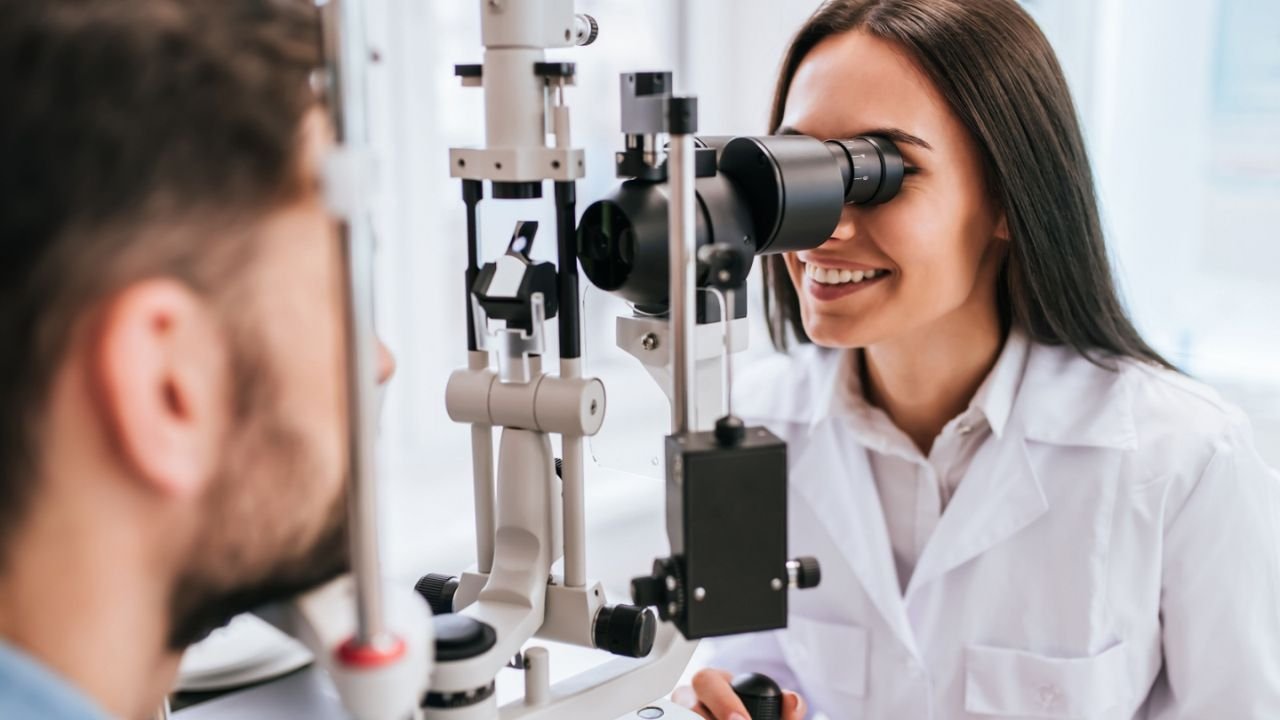Being sharp intellectually and focused on the job is not of much worth if they do not know how to be empathetic and talk to different patients. Apart from having detailed medical training, talking plainly, caring for patients, being respectful of their culture and interests are important in providing effective health care . There are many methods a doctor can use to express care and openness when talking with a patient . The aim of this article is to explain why it’s important for doctors to communicate well to make sure their patients are comfortable and able to follow their health and treatment steps without hesitation.
Being Attentive to a Patient’s Concern
Usually, our impression of a doctor’s communication skills includes their ability to talk clearly and how easy it is for us to understand their words. To have a complete understanding of a patient’s health, the doctor must listen to them first in the encounter. A doctor’s listening skill can be improved by staring at the patient respectfully, nodding as the patient speaks, and repeating in your own words what the patient says. When doctors pay close attention to what their patients say, they can establish positive relationships and trust .
It would be unfair for doctors to ignore what patients have to say since a medical scribe is usually there to take care of the office work during the appointment or procedure. Either by writing about the patient’s symptoms or by chatting with them, medical scribing makes sure the patient is well informed.
Demonstrating Compassion and Concern
People do not enjoy going to see a doctor. Trying to cope with some concerns, patients often use booking a doctor as their final option to solve what’s bothering them. If a patient’s condition suddenly gets worse, they could use reassurance and sympathetic words from their health workers. It is important for doctors to try to understand the emotions their patients have about what is happening to them healthwise . Understanding and accepting a patient’s feelings—good or bad—gives them a sense of comfort in the doctor’s care .
Making your Language Easy to Understand
Anytime someone speaks in such a technical way that you cannot follow their meaning it can annoy you, but this is even more frustrating when they are talking about your health . They should choose a clear form of communication over telling patients all they have learned at medical school. It’s especially necessary since certain patients may not feel confident enough to ask about a doctor’s advice, so they exit with questions about their medical problem. Talking to patients in a way that everyone can understand is important for all doctors. They should try to teach with simple examples, diagrams, and ordinary terms instead of technical medical terms . So that patients can make informed decisions, doctors should simply any important information.
Supporting a Person’s Right to Autonomy
Patients ought to choose their own treatments and not be coerced by the doctors. Some methods of treatment do not fit with the patient’s cultural beliefs, are against their own morals, or are not in line with what patients want from their lives. Patients can count on doctors for advice, but they should realize that whatever they think is right for them is also important. Involving a person in decision making and focusing on their preferences and values are important for doctors when treating patients . Instead of issuing orders doctors should work together with their patients to check various options and understand the benefits and risks in order to decide what is best for them .
Leaving Time for Students to Ask
Even when doctors have full schedules, they should always make sure not to make patients feel that their care is being rushed or their opinions do not matter . Doctors ought to spare some time at the end of an appointment or procedure to clarify any question or doubt the patient has and make sure the explanations are in detail. Having open conversations with patients by answering their questions helps ensure that they understand their health problems and anticipated treatments . Besides, doctors should make their patients feel comfortable by stressing that all questions are important and deserve an answer .



